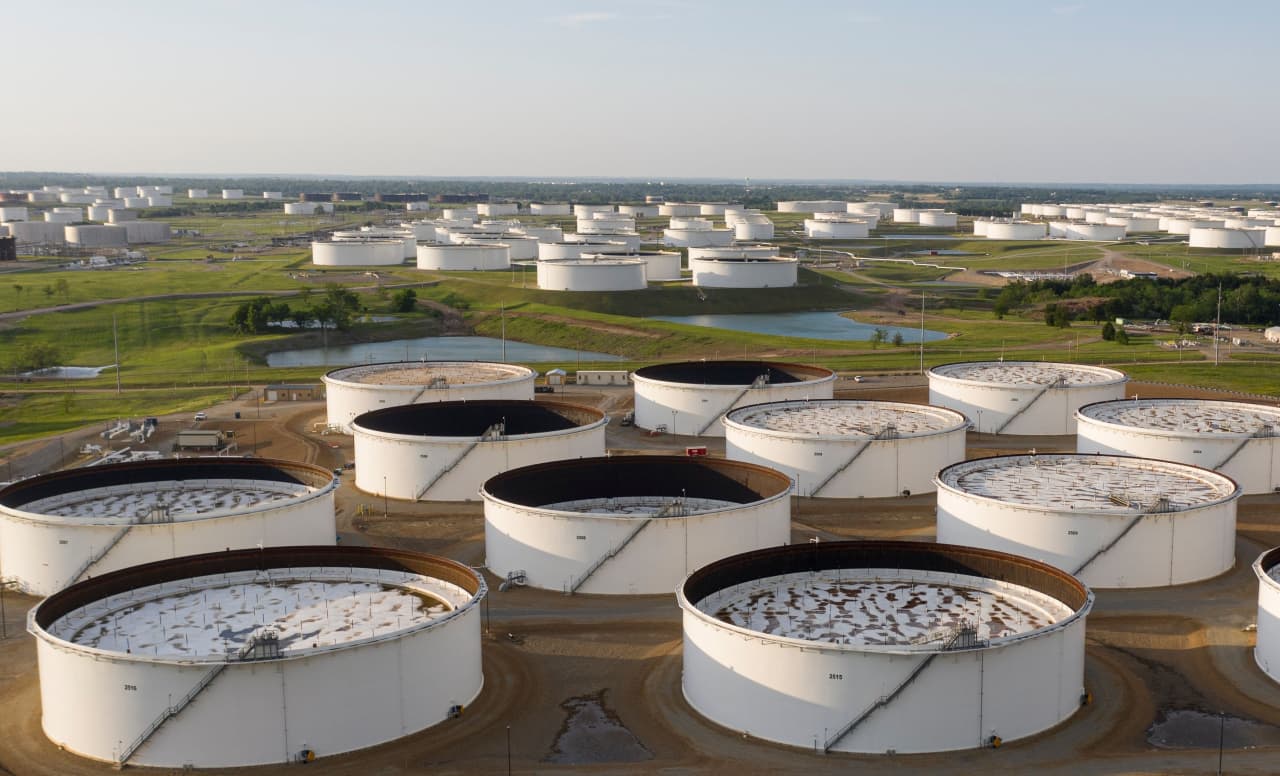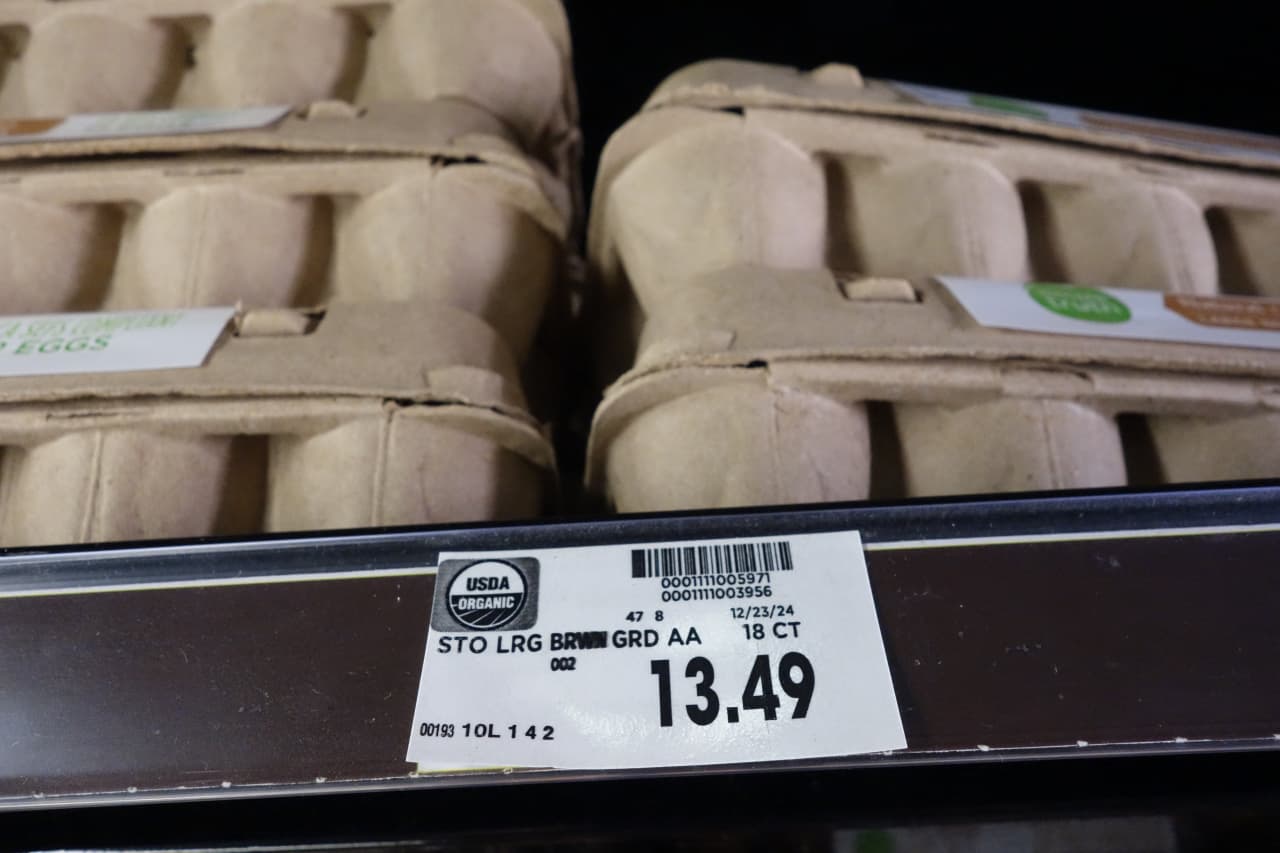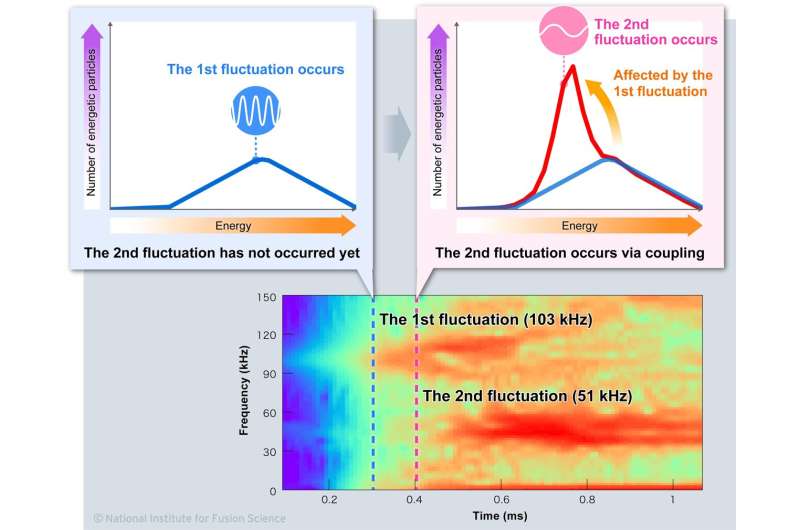The last week of January proved to be a busy period for Kashmiri apple growers, who began dispatching shipments of their controlled atmosphere (CA)-stored produce to outstation wholesale markets.
The chambers of the CA storage, however, were opened earlier than usual.
“Ideally, the process of selling the stored produce begins from the third week of February,” said Mohammad Ashraf Wani, a well-heeled apple cultivator and president of Fruit Mandi Shopian.
Favourable market prices, short shelf life and a comparatively low production are some of the key reasons that spurred farmers and traders to sell their stored produce before season.
Apple prices surge
Over the last two weeks, apple prices surged across wholesale fruit markets in the country with a 10-kg crate of the succulent variety selling for ₹1,100 to ₹1,150 while the Kullu variety ranged between ₹1,200- ₹1,250.
Izhan Javed, spokesperson of the J&K Fruit and Vegetable Processing and Integrated Cold Chain Association (JKPICCA), told businessline that around 15 to 20 per cent of the stored produce had been sold so far.
Around 2 lakh metric tonnes of the fruit were stored in different CA storages across the Valley after harvest. Kashmir’s fruit-rich areas are home to 60 to 70 CA storage facilities with a combined storage capacity of 2.5 to 3 lakh metric tonnes.
Yield, shelf life
According to apple cultivators, the decreased yield led to an increased demand for Kashmiri apples, enhancing the prices.
“The production was at least 15 to 20 per cent lower than last year,” said Wani.
However, official data indicate that the production in 2024-2025 remained consistent with that of 2023-2024, totaling 20.3 lakh metric tonnes. Production in 2022-2023 stood at 21.2 lakh metric tonnes, up from 18.7 lakh metric tonnes in 2021-2022.
An official at the Department of Horticulture, however, said that the figures for the 2024-2025 were not final.
Additionally, reduced shelf-life of the fruit prompted the farmers to sell their stored harvest earlier.
Last year, a protracted dry spell spanning between June to September—the peak season for apple farming— severely impacted the quality of the fruit.
“Reduced juice content and oversized apples shortened the fruit’s shelf life,” said Abid Hussain Bhat, an apple farmer from south Kashmir.
He said that a bitter experience of the previous apple season also compelled farmers and traders to begin selling their produce earlier than usual.
In 2023-2024, the stored harvest was sold at throwaway prices as apple markets crashed nationwide in March, 2024.












